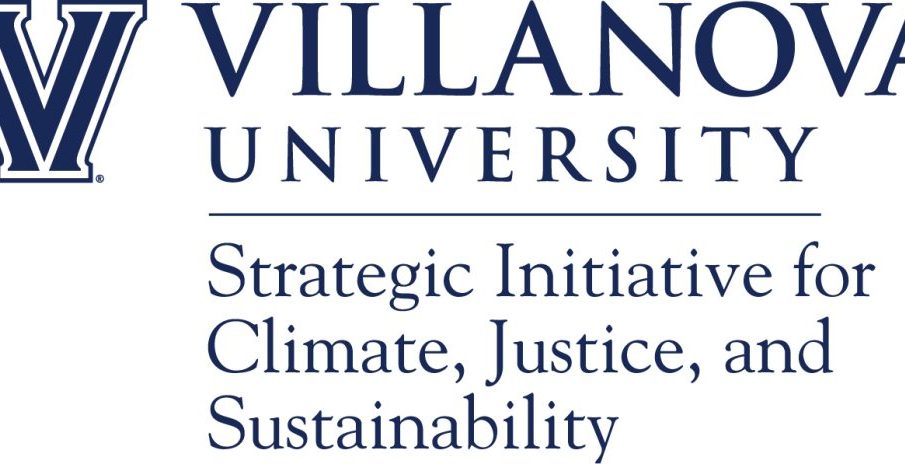A Comprehensive Overview of Villanova University

Introduction
Villanova University, located in Pennsylvania, is a prestigious institution known for its strong commitment to academic excellence, community engagement, and the holistic development of its students. Founded in 1842 by the Order of St. Augustine, it has grown to become a significant player in higher education with a diverse range of programs and a vibrant campus life. As a university deeply rooted in Catholic values, Villanova provides its students with not only excellent education but also a sense of purpose and community.
Academic Programs
Villanova University offers an array of undergraduate and graduate programs across various fields including liberal arts, sciences, engineering, business, and law. With a student-to-faculty ratio of 11:1, the university emphasizes personalized education. The College of Liberal Arts and Sciences and the Villanova School of Business are particularly well-regarded, earning top rankings in multiple surveys. The university’s commitment to academic rigor is matched by its focus on ethical leadership, preparing students to tackle complex global issues.
Campus Life
Villanova’s campus is known for its picturesque surroundings and historic architecture. Students enjoy a variety of extracurricular activities, ranging from over 200 student organizations to NCAA Division I athletics. The university prides itself on fostering a tight-knit community where students are encouraged to engage in service and social justice initiatives. Community service is a cornerstone of the Villanova experience, with many initiatives aimed at addressing local and global challenges.
Recent Developments
In recent years, Villanova University has invested significantly in its facilities, including the construction of new academic buildings and residence halls that reflect its commitment to sustainability. The university has also expanded its online learning offerings in response to growing demand, ensuring that it remains flexible and accessible to a broader demographic of students. Furthermore, Villanova has continued to embrace diversity and inclusion, launching initiatives intended to create a more equitable environment for all students.
Conclusion
As Villanova University continues to evolve and adapt to the changing landscape of higher education, it remains a beacon of academic achievement and moral integrity. As the university celebrates its history and looks towards the future, it is poised to maintain its reputation as a leading institution in the United States, attracting students who are not only seeking academic knowledge but also the opportunity to develop as compassionate leaders. Future students and their families can expect a supportive and enriching environment that empowers them to make meaningful contributions to society.









